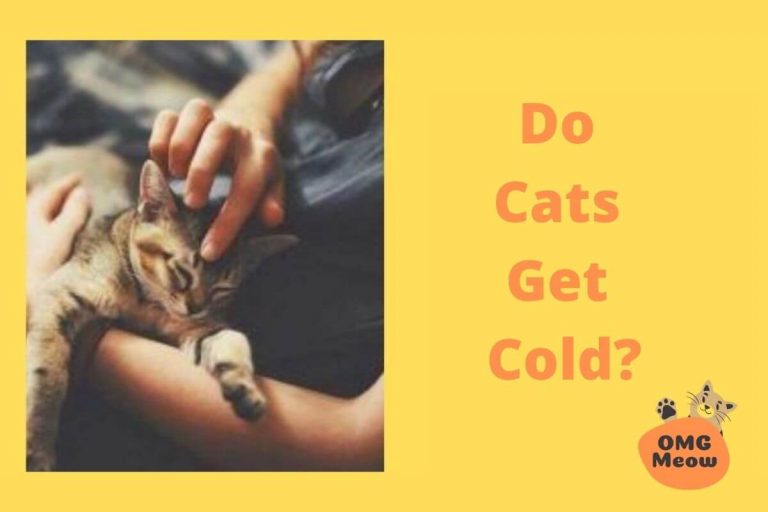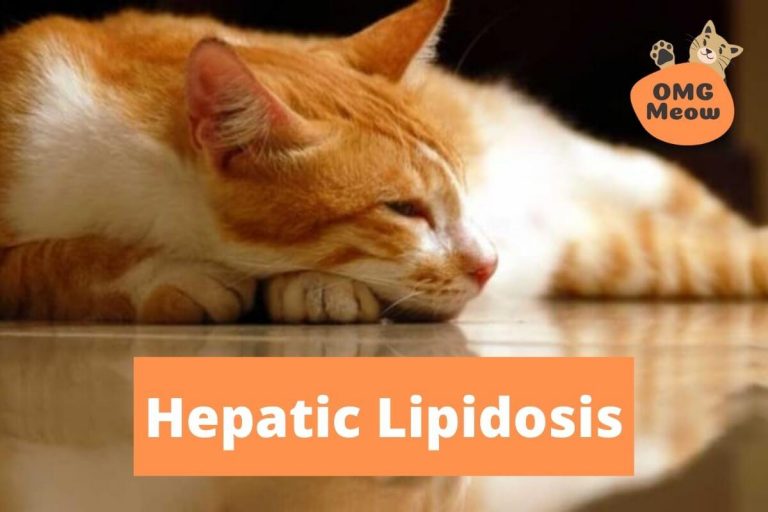Many people mistakenly think that because cats are picky eaters, they have less risk of poisoning than dogs. However, this is not entirely true. Being curious creatures by nature and not resisting the temptation to lick any substance that dirties their fur, cats are poisoned quite often.
Poisoning in cats usually involves the ingestion, absorption, or inhalation of a toxic substance. From household products and common foods to ornamental plants, there is a wide variety of potential poisons.
What causes poisoning in cats?
Did you know that many of the articles and products that you use every day can be toxic to your pussycat? Here is the complete list of the most common poisons for cats:
1. Household/chemical products
- Cleaning and grooming products, such as bleach, cleaning fluids, deodorants, fragrances, laundry capsules, furniture and metal polishes, disinfectants (especially if they include phenolic compounds that turn milky in water).
- Beauty items (hair dye, nail polish and nail polish remover, suntan lotions).
- Antifreeze (they contain ethylene glycol or methanol, both of which are very toxic).
- Fertilizers (contain potassium K, phosphorus, and nitrogen).
- Decoration materials (paint, varnish, paint remover, white spirit, wood preservatives).
- Others (essential oils, naphthalene, photographic developer, shoe polish, salt lamps).
2. Pesticides
- Insecticides (to kill fleas, mosquitoes, ants, cockroaches).
- Molluscicides (to eliminate slugs and snails from gardens).
- Fungicides (to eliminate fungi, mold).
- Rodenticides ( rodenticide poisoning is very common in cats and is usually due to ingestion of poisoned prey).
- Herbicides
3. Indoor and outdoor ornamental plants
- Potos
- Lilies
- Azaleas
- Cyclamen
- Kalanchoe
- Dieffenbachia
- Ivy
4. Medications
- Tylenol (acetaminophen)
- Ibuprofen
- Aspirin
- Antidepressant medications
- Muscle relaxants
- Medications for attention deficit hyperactivity disorder
- Anticancer drugs
- Diet pills
5. Food and ingredients
- Chocolate
- Artificial sweeteners (xylitol)
- Caffeine (coffee, sodas, green tea)
- Alcohol
- Garlic
- Onions
- Grapes
Cats are relatively small animals, hence they can be poisoned quickly, even if they have ingested very little of a toxic substance. Their excessive attention to cleanliness means that the main form of poisoning is precisely the licking of poisons that have come into contact with their skin or fur.
Unlike dogs, cats do not usually eat a poisonous product directly, unless it is mixed with their food.
Also read: What kind of Fruits Cats can Eat?
How to know if a cat is poisoned? 17 Warning signs
The symptoms of poisoning in cats are very varied and always depend on the type of poison in particular. They also vary depending on whether the toxic substance has been ingested, inhaled, or absorbed through the skin.
In general, these are the common symptoms in poisoned cats:
- Excessive salivation/drooling
- Vomiting (with or without blood)
- Diarrhea (with or without blood)
- Spasms or seizures
- Shortness of breath
- Cough
- Inflammation or swelling of the skin
- Depression / lethargy
- Instability when walking
- Abdominal pain
- Excessive thirst and urination
- Loss of appetite
- General weakness
- Fever
- Jaundice
- Arrhythmias
- Collapse / coma
In case of suspecting that a cat has been poisoned, it is important to consult the vet as soon as possible. Reaction time is essential in these situations, especially if it is a baby kitten or adolescent.
Your vet can make a diagnosis based on the evidence provided, the cat’s symptoms, and the results of blood and urine tests.
In addition, you can perform an ultrasound to look at the liver and kidneys, as these organs are often very affected in the presence of toxic substances.
My cat is poisoned: what do I do?
As an owner, it is normal to wonder what to do to help a visibly poisoned cat. Signs of poisoning tend to come on and get worse suddenly, so it’s important to be vigilant and act quickly.
These are the steps and first aid recommended by the experts:
- Prevent the cat from licking its paws or fur; the poison is likely to be found in these parts. If the skin or coat shows traces of any substance, proceed to wash the area with a mild shampoo and water. Make sure to move it to a well-ventilated area.
- Inspect the environment and remove any potential sources of poisoning.
- Don’t try to treat the cat yourself. It is not advisable to give him water or make him vomit. Inducing a poisoned cat to vomit can exacerbate the problem, hence it should only be done with the approval and supervision of a professional.
- Contact a vet for advice immediately. Don’t expect disease symptoms to worsen, as the cat’s life may be in danger by then. Your vet may ask you to bring your pet in as soon as possible, or they can give you directions over the phone.
- Once at the vet’s office, provide as much information as possible about when, where, and how the poisoning occurred. If possible, take a sample of the container, substance, medicine, or plant that may have poisoned it with you.
Needless to say, a poisoned cat should never be left alone. It is important that there is a person monitoring your progress at all times.
How is poisoning in cats treated?
The treatment of poisoning in cats depends on the type of poison that it contacted the pet.
In some cases, when the vet knows the venom exactly, an antidote can be given, but not all types of venom have an antidote. If the source of poisoning is uncertain, or there is no antidote, treatment consists of maintaining normal organ function until the substance has been eliminated from the body.
Possible treatment options include:
- Administration of ethanol (in cases of antifreeze poisoning)
- Fluid therapy (to help flush the toxin from the body)
- Muscle relaxants (to control tremors)
- Anticonvulsant medication
- Induction of vomiting
- Activated charcoal (decreases the absorption of poison in the body and prevents corrosion of the esophagus in case of inducing vomiting)
The prognosis for poisoned cats that receive early treatment is much better than that of late-treated cats.
How long does it take for a poisoned cat to recover?
Recovery from poisoning in cats is highly dependent on the time elapsed between the event and the start of treatment. The faster you get medical attention, the better the chances of recovery and being free from sequelae. Most of the poisoned kittens that are cared for quickly return to their normal state in a short time.
Cats are sometimes less likely to recover from poisoning than dogs, experts warn. This is due to the following factors:
- Size. Being smaller animals, even a small dose of poison can be fatal.
- Detoxification mechanisms. Cats process chemicals differently. In some situations, your body is not able to remove toxic substances safely.
- Outdoor life. The adventurous lifestyle of many domestic cats prevents their owners from knowing where they have been poisoned or what the source of the poison is.
- The fact that cats spend much of their time grooming their fur makes them more prone to ingesting all kinds of substances.
How to prevent a cat from being poisoned?
Completely preventing poisoning in cats is nearly impossible, but you can always take some steps at home to minimize this risk. For example:
- Reduce the amount of chemicals, both inside and outside the home.
- Keep stored cleaning/grooming products out of the cat’s reach. This can be on a closed shelf that the pet can never access. In case of having problematic containers in sight, make sure that they are hermetically covered.
- Keep medications in high, closed cabinets.
- Choose ornamental plants that are safe for households with cats.
- Do not leave poisonous human food for cats within the reach of the pet.
- Prevent the cat from leaving the house or property. Do not let him wander around the neighborhood or other people’s balconies and gardens.






